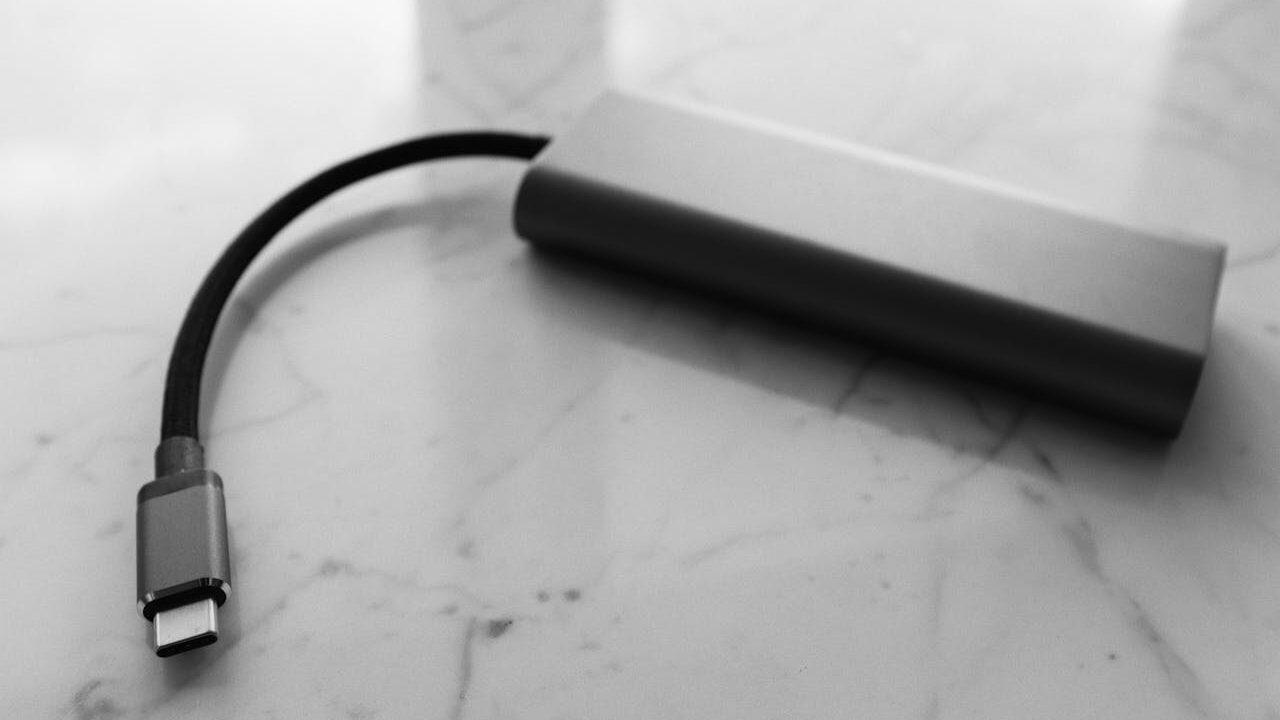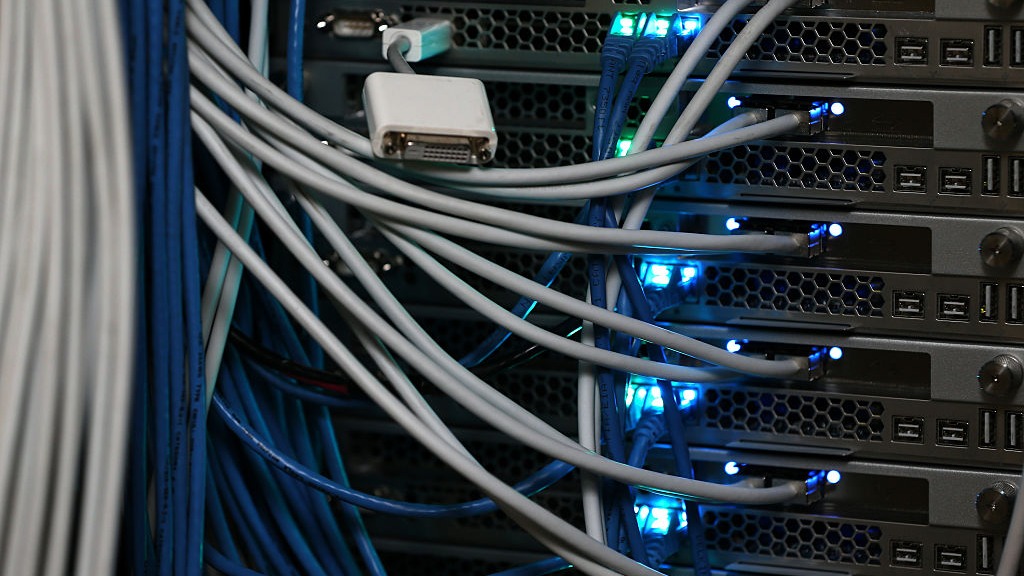Transferring files from infected PC to new PC
Dec 31, 2012, 5:57 PM | Updated: 5:58 pm
I have an old computer with (Windows) XP that is running very slow (I think it has a virus). I would like to get a new computer and transfer things to the new computer but I’m afraid it will transfer the virus. What should I do? – Maureen
The single biggest burden when buying a new computer, is getting it to look and work like your old computer: Re-installing all your old programs, transferring and importing your data, address book, old e-mails, pictures, music, video, setting up your printer, getting it on your network and a list of other things that you’ve likely forgotten about can take weeks to achieve.
This is made even more complicated when your old computer has an infection, so it’s important that you clearly understand how these infections might spread.
In general, most malware either infects your operating system, browsers or individual files.
OS-based infections will imbed themselves in the startup portion of Windows, so that the malicious code is activated as soon as you turn on your computer. It also allows the virus code to load itself into the working memory (RAM) so that even if you remove it from the hard drive, it can immediately re-infect your computer.
Browser-based infections can be avoided by simply downloading the latest browsers on your new computer from the Internet.
File infectors were much more common in the past, but are still in circulation, so transferring an infected data file from your old computer sets you up for infection the first time you open the file.
When we build a new computer for our customers and we know we need to transfer files from an infected computer, we always start the old computer from a clean boot device, such as a CD, DVD, flash drive or we will connect the infected hard drive to one of our service computers as a second drive. In all of these cases, we also have various cleanup programs (depending on the type of infection) that allow us to attack the infection on the hard drive while it’s dormant.
If you don’t start the computer from a clean boot device, getting rid of many of today’s infections can be nearly impossible to accomplish.
I always recommend doing a full scan of a potentially infected computer’s hard drive with a solid anti-virus program before transferring any files to a new computer. A variation of this process can be achieved by getting your new computer setup with all of its operating system updates and an updated antivirus program then taking the hard drive out of your old computer and putting it into an external USB enclosure. This will allow you start your new computer up and plug in your old hard drive so it can be scanned with your new computer’s anti-virus program before you start to transfer any files.
To save time, don’t bother transferring any program folders from your old computer, as your old programs will need to be reinstalled on your new computer anyway. As an additional precaution, avoid transferring any program files that have the .EXE (executable) extension since they are common targets for viruses and are of no use on your new computer as a stand-alone file anyway.
If this all sounds like more work than you want to deal with or is just too technical for you, you should shop for your new computer where they can perform these additional services for you. Some companies will include the service in the price while others may charge you $200 or more for the additional work.
You need to understand if this is an additional cost to you before you make your buying decision so you don’t end up fending for yourself or end up with an expensive surprise!









